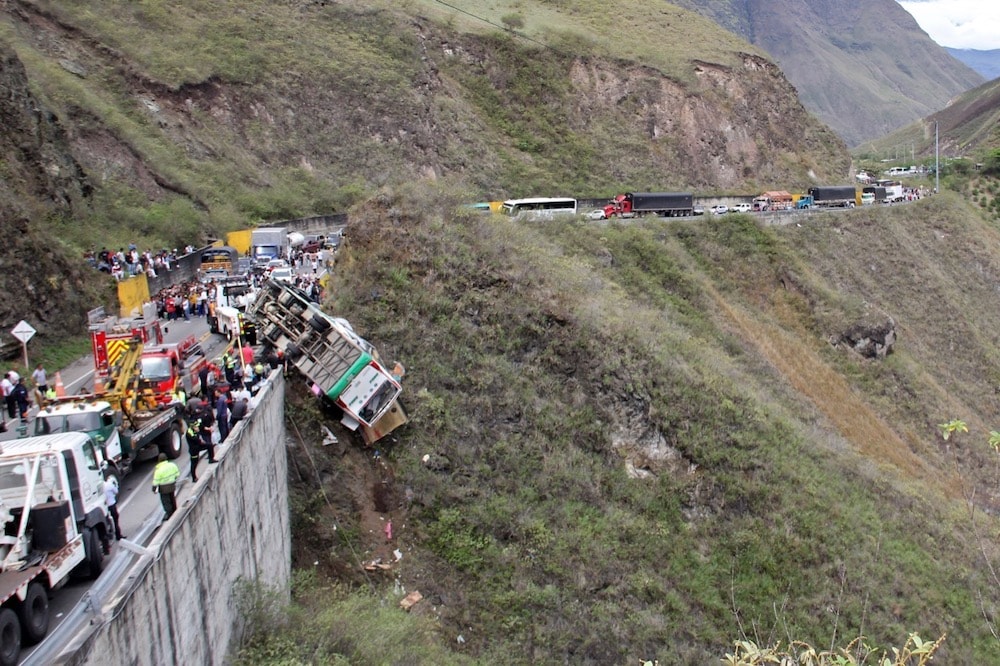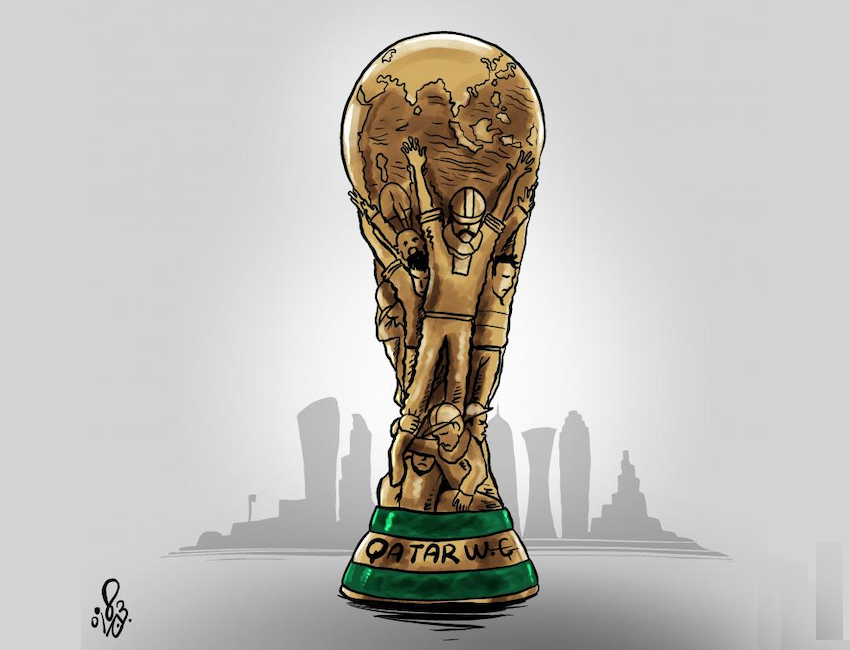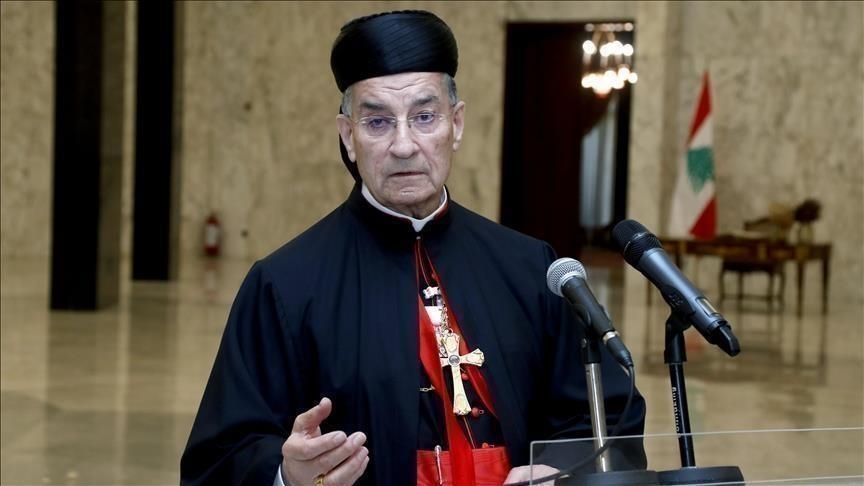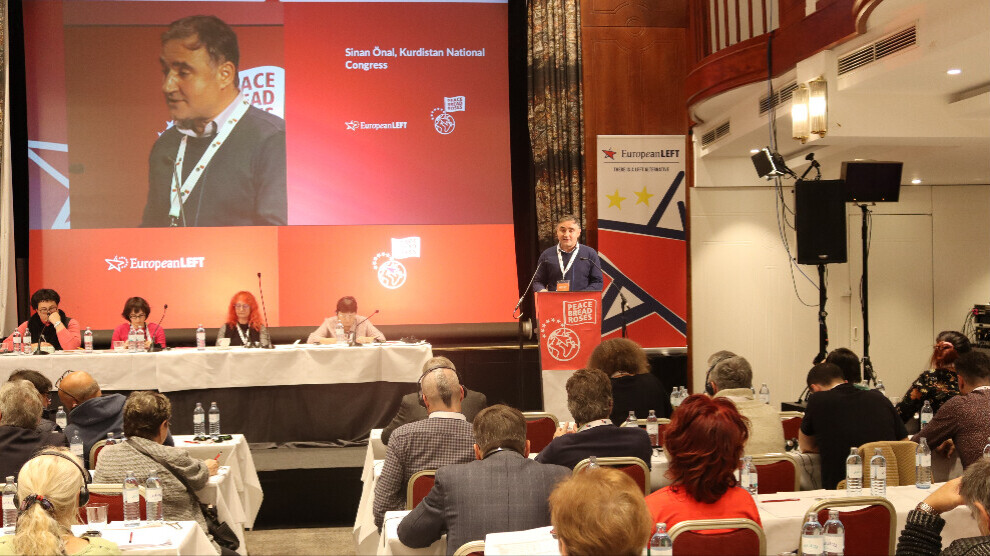
Prior to the pandemic-induced downturn in world oil production, U.S. oil production growth was responsible for 98 percent of the increase in world production in 2018 (as reported in 2019). Almost all of that growth resulted from rapid increases in shale oil production which accounted for 64 percent of U.S. production (as of 2021).
Fast forward to today when OilPrice.com has declared that “The U.S. Shale Boom Is Officially Over.” The reasons cited mostly have to do with management “discipline” regarding capital expenditure in favor of shareholder payouts and complaints about “anti-oil rhetoric” and “regulatory uncertainty.”
But there might just be another reason for the slowdown in shale oil production in the United States: There isn’t as much accessible and economical shale oil underground as advertised. Earth scientist David Hughes laid out his case for this view in his “Shale Reality Check 2021.” (For a summary of Hughes’ report, see my piece from December 2021 entitled, “U.S. shale oil and gas forecast: Too good to be true?”)
There may be other sources of oil worldwide that will somehow make up for the significantly lower growth in U.S. shale oil production. But no other source seems set to provide the kind of growth U.S. shale oil provided, that is, 73.2 percent of the global increase in oil production from 2008 through 2018.
The world has actually been getting along with less oil for some time now. World oil production proper (crude oil including lease condensate) peaked on a monthly basis in November 2018 at 84.58 million barrels per day (mbpd). In August 2022 production was 81.44 mbpd. That’s after a pandemic-induced shock that saw production fall to 70.28 mbpd in June 2020.
Neither the U.S. shale oil companies nor OPEC seem ready to increase production significantly (assuming that they can). Russia, among the world’s top three producers, is under heavy sanction and may not be able to produce more oil for export anytime soon. (Again, it is not certain that Russia can significantly increase production. Except for the pandemic-induced drop Russia has long been on a production plateau of between 10 and 11 mbpd.)
No doubt some new oil savior will be announced soon whether credible or not. In the meantime, the world economy will be faced with limited oil supplies that do not simply grow to meet our fantasies of what we want. The result will be high prices, that is, higher than has been historically the case. A recession won’t change this dynamic and, in fact, may reinforce it as oil companies are likely to reduce drilling activity when demand for oil slumps. That will make it doubly difficult for those companies to supply growing demand coming out of the next recession.
This is the way things might very well be for a long time if not indefinitely. Many of us who foresaw this day said that we would only see peak world oil production in the rearview mirror. It may take a few more years to determine if November 2018 marked the all-time peak.
Photo: Oil shale mine in Estonia (2019). “Geological fieldworks, underground in the Estonian oilshale mine to study the variable mineralogical and chemical compostion and microsturcture in the different layers of the oil shale profile” by Peeter paaver. via Wikimedia Commons

:quality(70)/cloudfront-eu-central-1.images.arcpublishing.com/thenational/MR4PWLFDYG7EEKSOLPQBV3NKHU.jpg)
:quality(70)/cloudfront-eu-central-1.images.arcpublishing.com/thenational/SSBPHLTXG33SXL2TJBHBUDMOX4.jpg)










